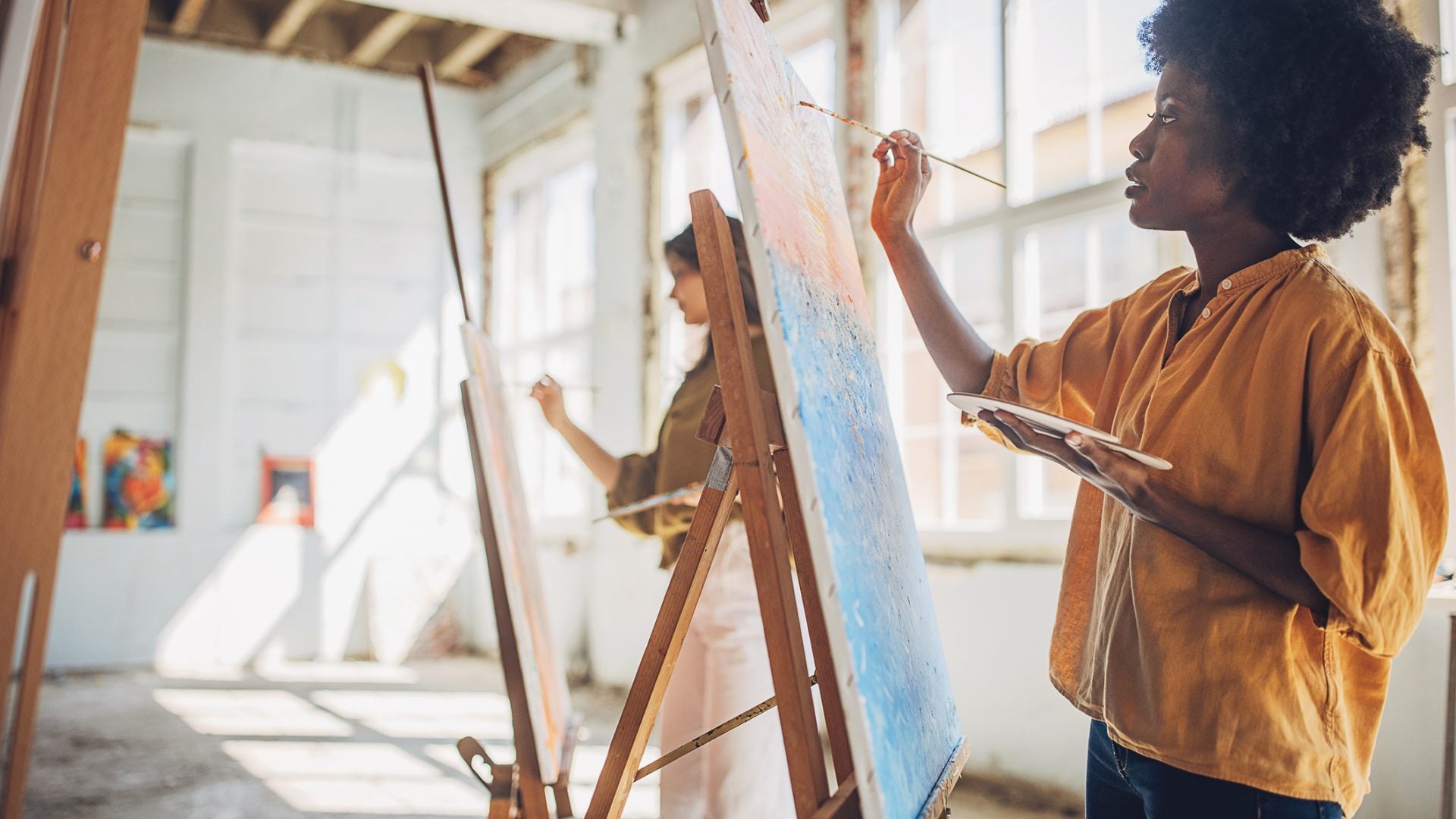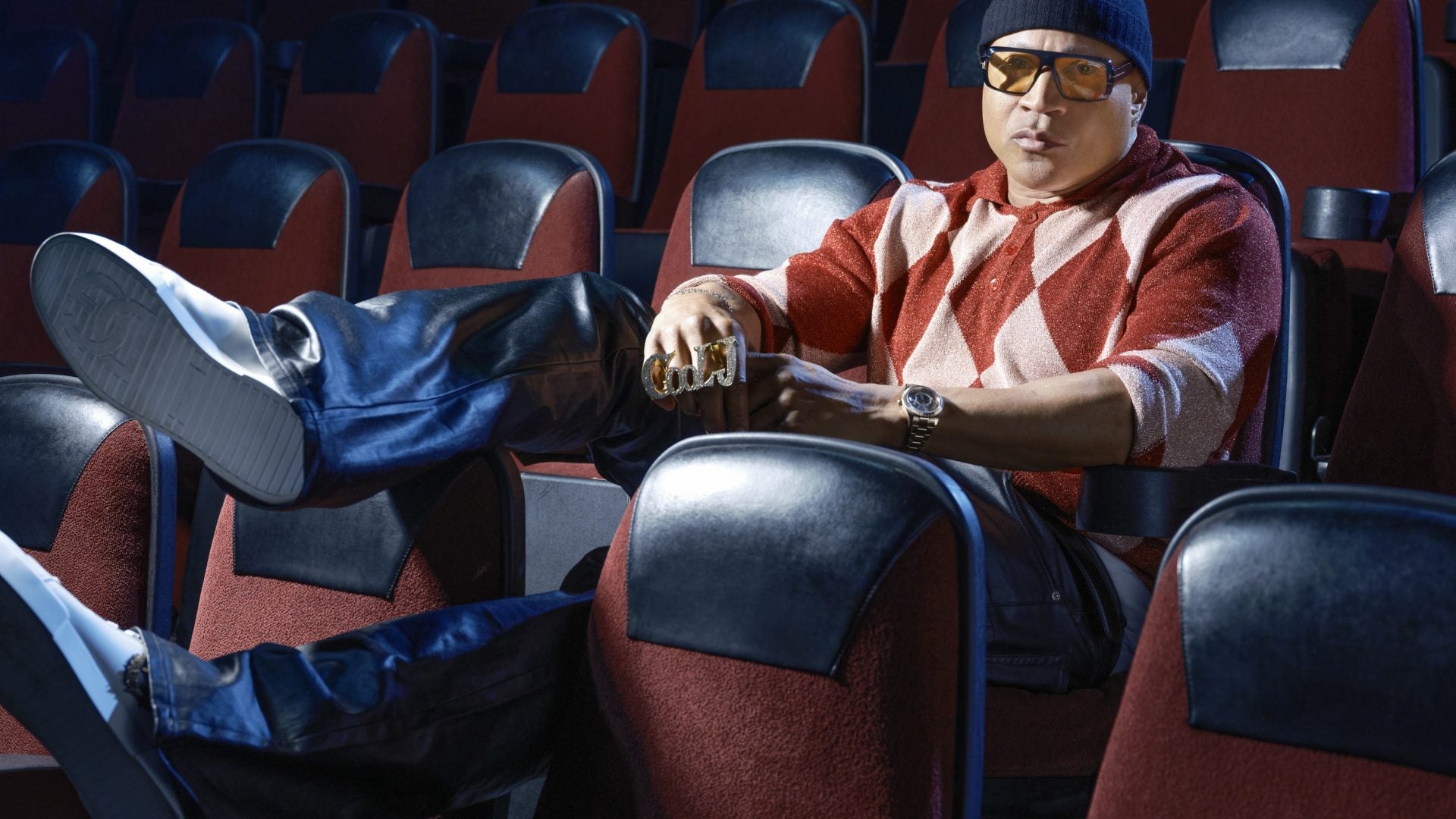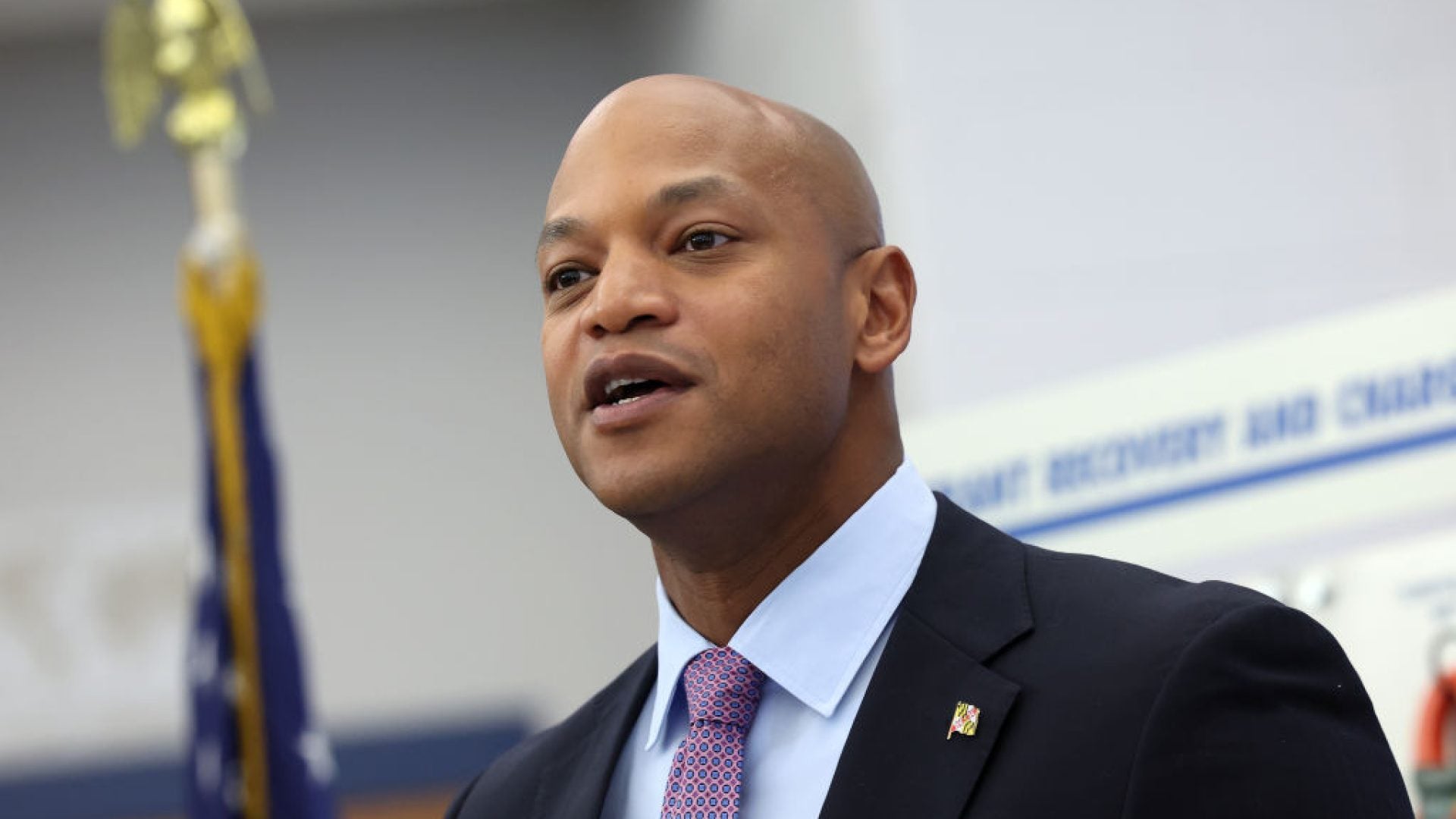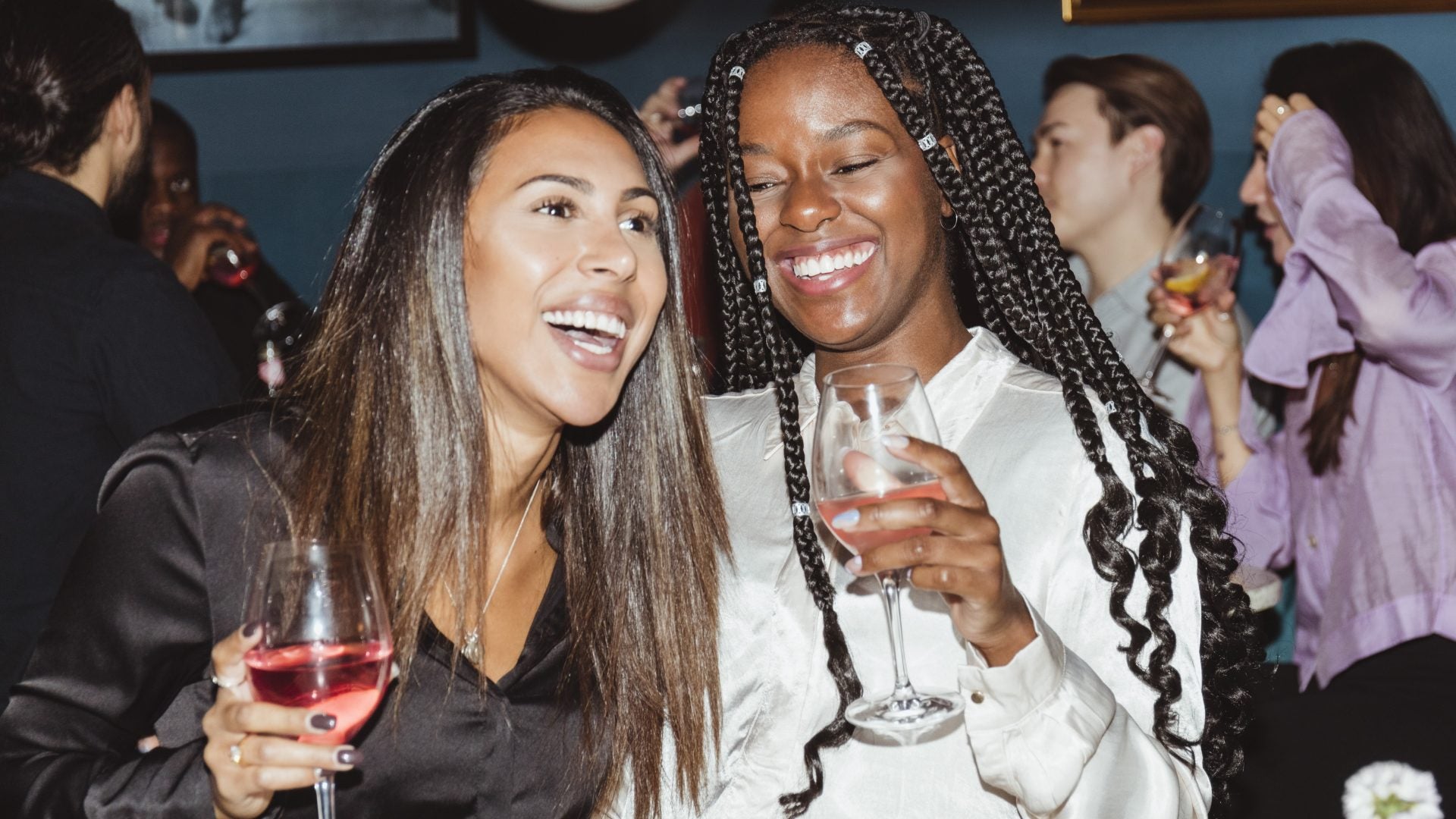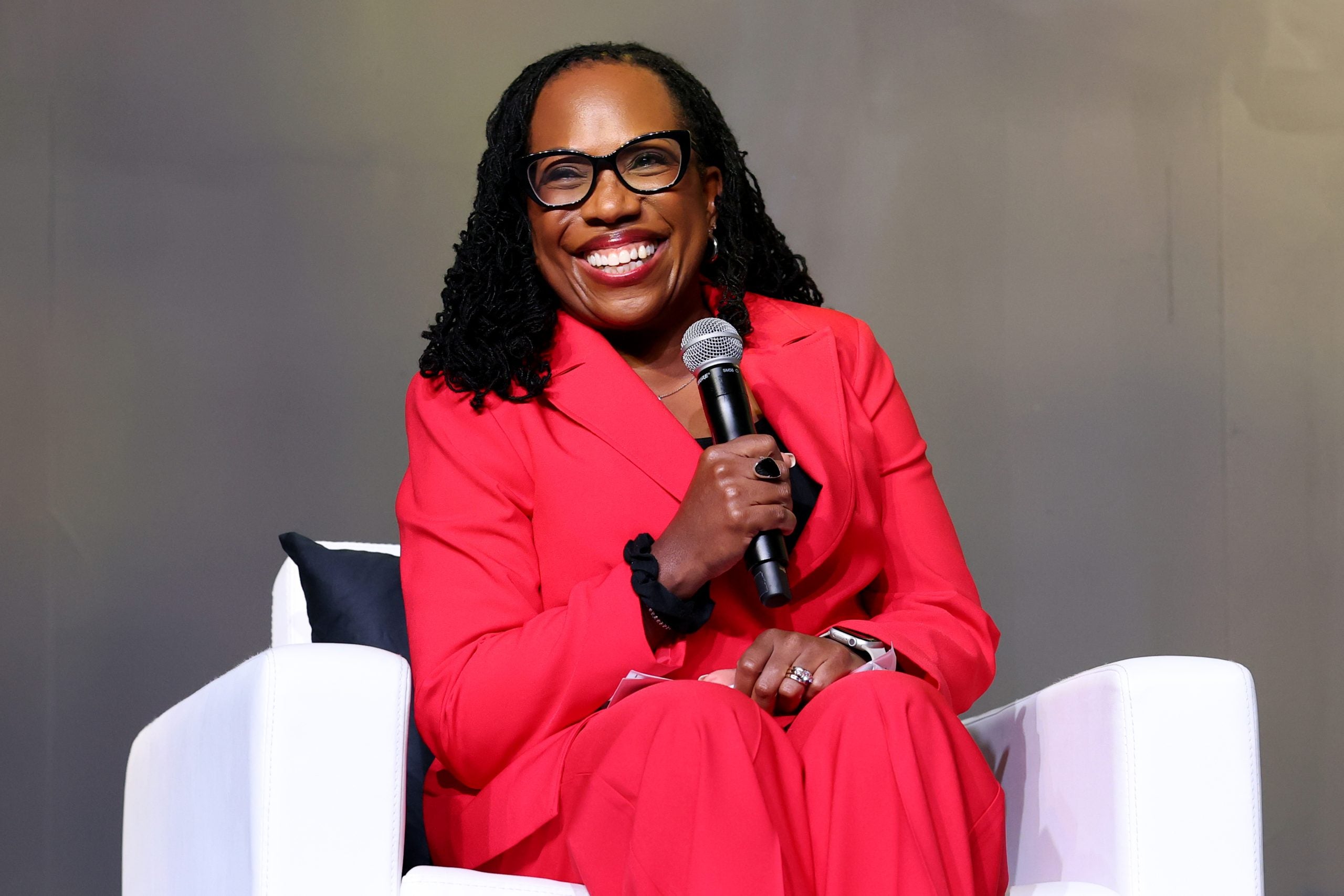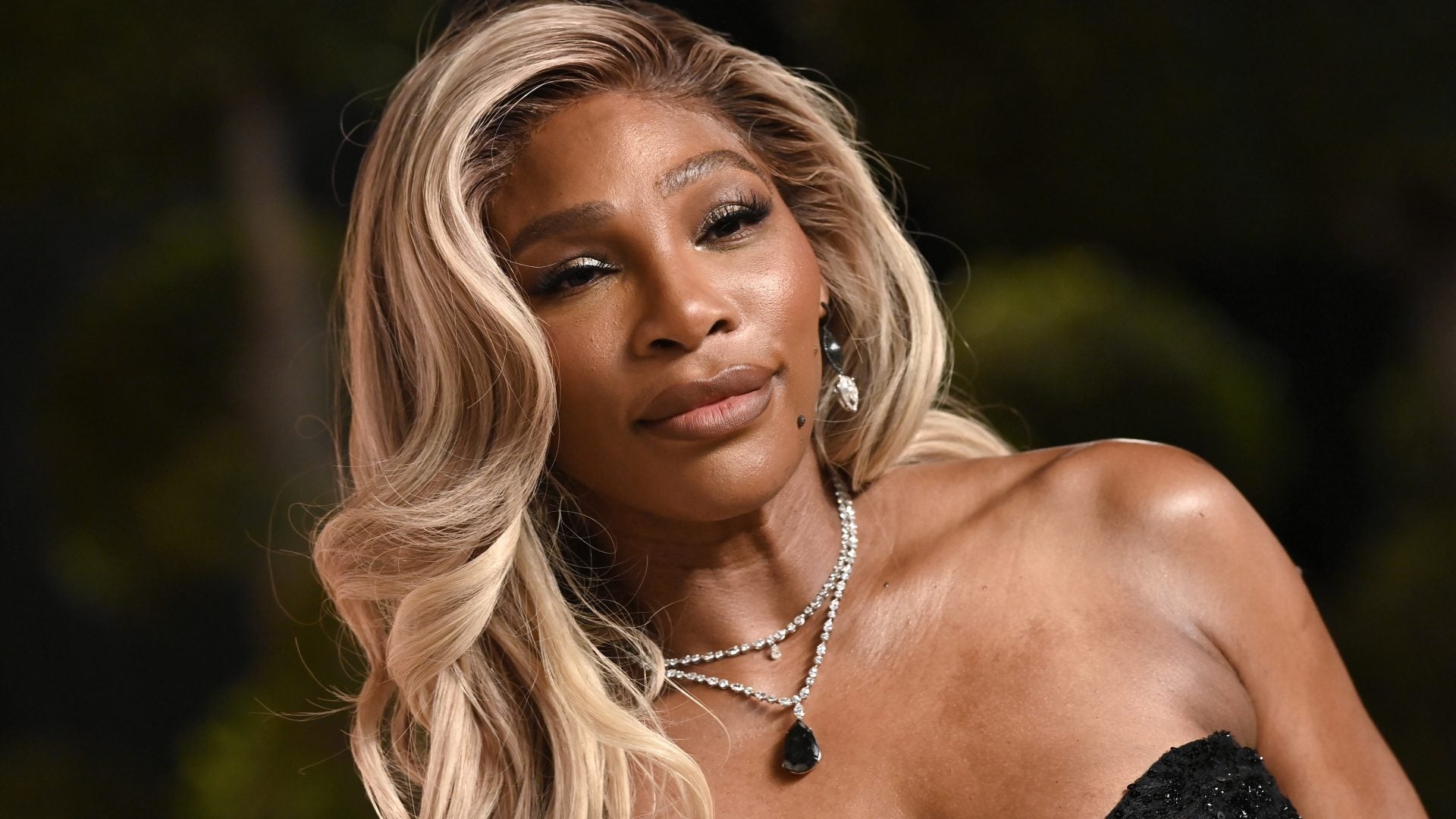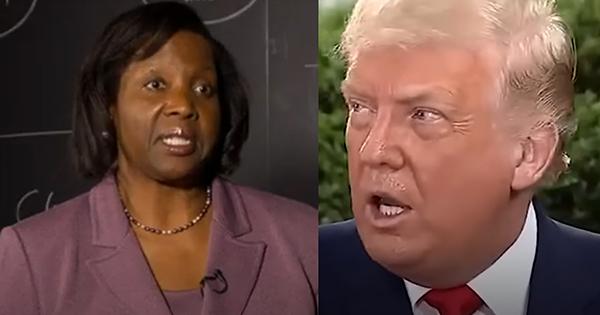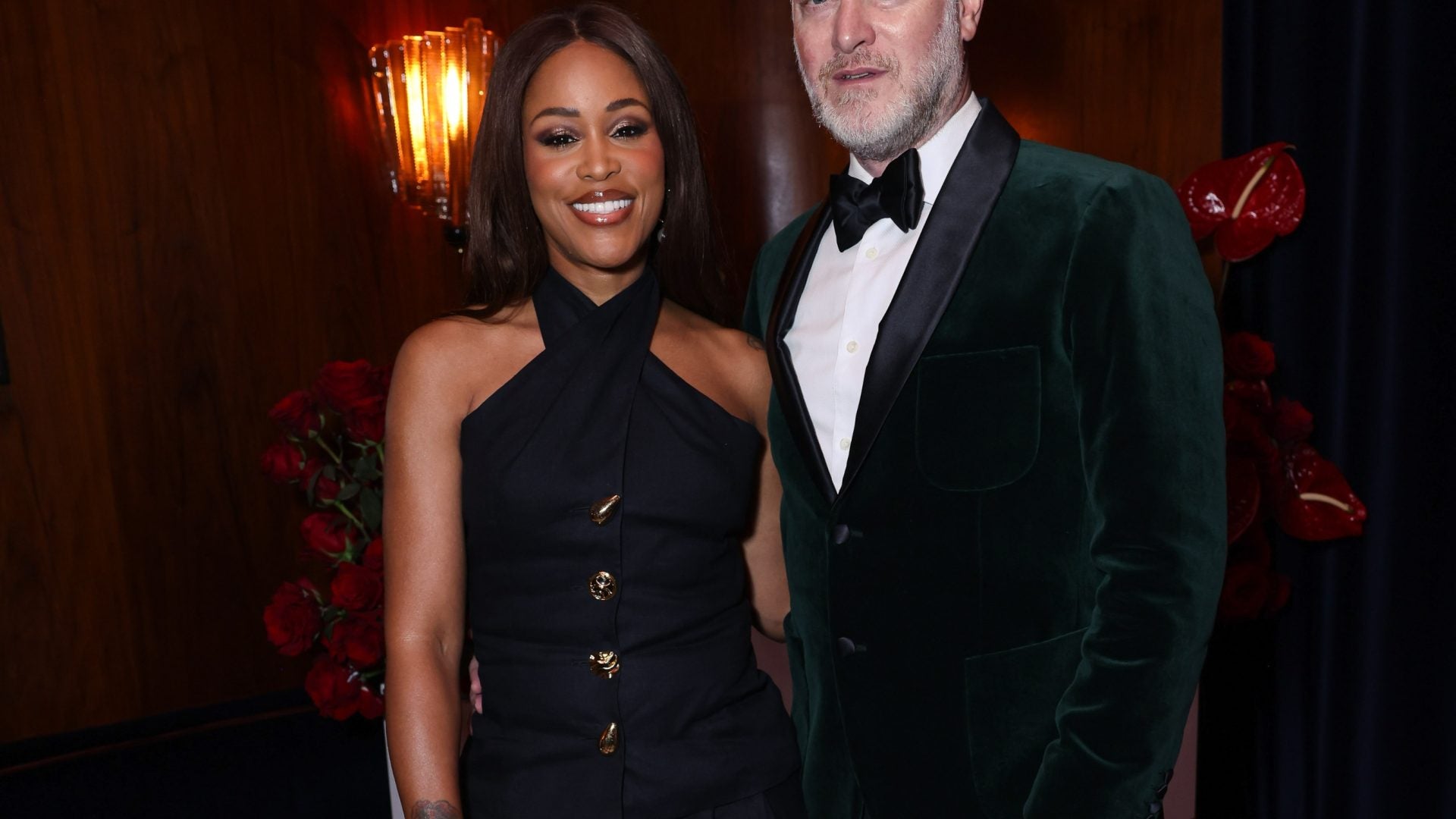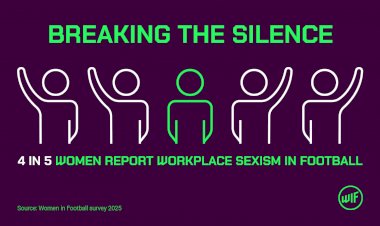Jimmy Akingbola Reflects On The Final Season Of ‘Bel-Air,’ And Telling Stories That Matter
Few actors carry the kind of range that Jimmy Akingbola brings to the screen. The British-Nigerian actor has spent decades moving seamlessly between television, and film, shaping stories that are […] The post Jimmy Akingbola Reflects On The Final Season Of ‘Bel-Air,’ And Telling Stories That Matter appeared first on Essence.
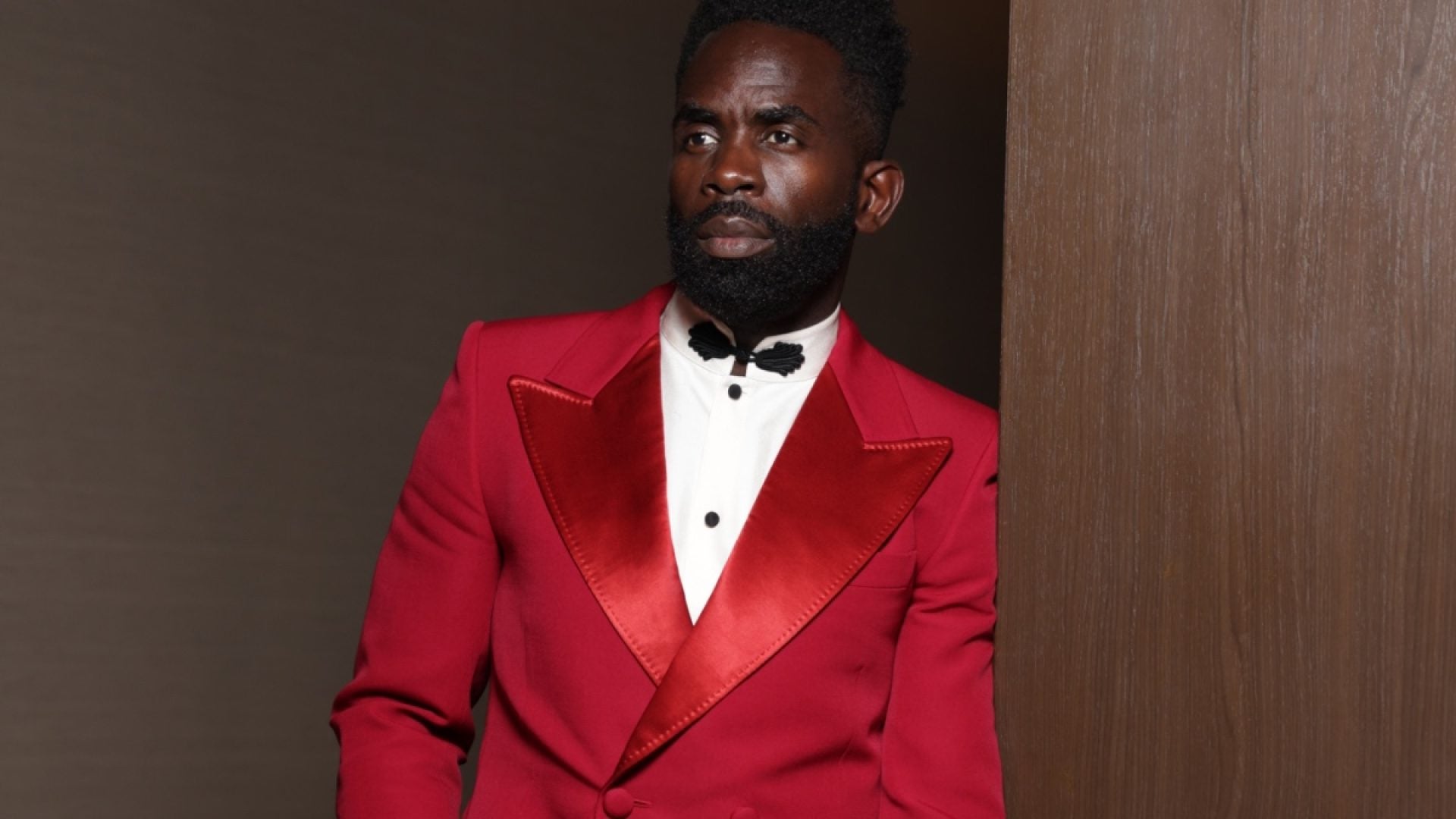
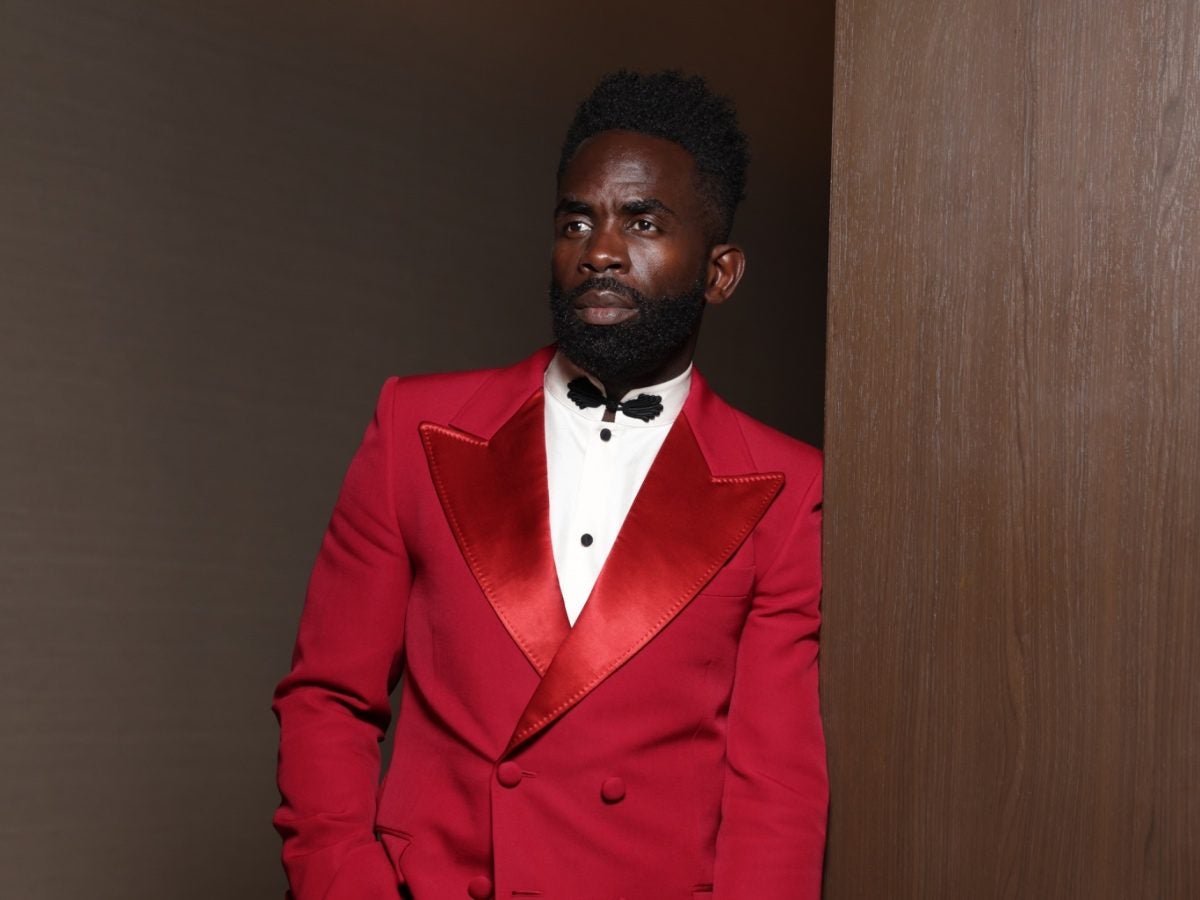 Photo Credit: Salvatore Demaio
Photo Credit: Salvatore Demaio Few actors carry the kind of range that Jimmy Akingbola brings to the screen. The British-Nigerian actor has spent decades moving seamlessly between television, and film, shaping stories that are as entertaining as they are meaningful. Today, he’s recognized not only for his artistry, but also for his mission: amplifying underrepresented voices, diversifying narratives, and leaving an imprint on global culture. From comedy to drama, Akingbola has proven time and again that his work transcends borders and genres.
His star has risen even higher thanks to his role as Geoffrey in Peacock’s Bel-Air. A reimagining of the beloved 1990s sitcom The Fresh Prince of Bel-Air, the drama casts Akingbola as more than a butler; he is a protector, a strategist, and a moral compass for the Banks family. His nuanced take earned him widespread acclaim from critics and fans alike, yet for Akingbola, the true joy lies in the way he and creator Morgan Cooper redefined the character while still honoring the original.
“[Morgan Cooper and I] agreed that we wanted to create a Geoffrey that had mystery and edge; that was not only street smart, but business smart. You could put this Geoffrey in the boardrooms, you can put him in any situation, he can handle it. I just feel like I’ve done that—or we did that—in a great way where you can enjoy the original Geoffrey and then you can also enjoy this Geoffrey.”
Akingbola’s journey extends well beyond Bel-Air. He has delivered powerful performances in ITV’s The Tower, Apple TV+’s Ted Lasso, and the BBC’s Rev, while earning stage accolades for his work in Othello and Blue/Orange. Just as compelling are his projects behind the camera. His documentary Handle With Care, chronicles his experience growing up in the U.K. foster care system, and he continues to build on that story through a scripted series adaptation and the upcoming docuseries Motherland, which explores the diaspora’s connection to heritage.
As Akingbola prepares for Bel-Air’s final season and pushes forward with new creative endeavors, ESSENCE caught up with him to talk about legacy, healing, and what comes next.
ESSENCE: You’ve been in the entertainment industry for quite some time, but I know you rose to prominence as your character Geoffrey in Bel-Air. With Geoffrey already being an iconic character prior to you taking on the role, how did you approach making it your own while still staying true to the original?
Jimmy Akingbola: Great question. I think for me, what I loved is that when Morgan Cooper talked to me about Geoffrey, the conversation was that we really wanted to honor the original. And then we talked about that looks like, it was Geoffrey’s love for the family, and how he has different relationships with every character—be it Ashley, Hillary, Will—but we wanted to create this Geoffrey as an equal. They were brothers. But then what happens when things get complicated and they don’t see eye to eye? Uncle Phil decides to remind Geoffrey that he works for him, and I think a lot of people can relate to that. Whether you start a business with your family member or your best friend, there’s always that moment where things get tricky and it is hard to navigate.
So, that was the joy of playing Geoffrey. But also, in speaking to Morgan Cooper, the creator, he was like, “look, I love shows like Top Boy and Luther.” And I was just like, “well, I’m from East London, I think I could really add a different flavor to Geoffrey.” So we agreed that we wanted to create a Geoffrey that had mystery and edge; that was not only street smart, but business smart. You could put this Geoffrey in the boardrooms, you can put him in any situation, he can handle it. I just feel like I’ve done that—or we did that—in a great way where you can enjoy the original Geoffrey and then you can also enjoy this Geoffrey.
As we all know, this upcoming season will be the final season. How do you think your life has changed since taking on the role of Geoffrey, and what can we expect from the final season of Bel-Air?
If I’m honest with you, this last season feels like a victory lap. Yes, we’re sad that it’s ending, but this season’s richer. It’s more layered. It focuses and brings every character to a place that feels earned. And I think for me, and for Geoffrey, this season is all about legacy—what he’s done for this family and what it cost him personally. And I think fans will really feel that weight.
And for me personally? I can really see the change in America. Even though I’ve been working in the business and I’ve been on American TV—I popped up in shows like Arrow and Ted Lasso and NCIS and done some indie movies—I can really see that America has embraced me as almost like a Black Brit living in America. I think people see me playing Geoffrey and are like, “Yo, who is this guy?” And I get a lot of messages where people go back and watch my other work, like the show I did with Idris Elba In the Long Run on Netflix UK, and another show The Tower.
I feel like I’ve learned a lot from Geoffrey, if that makes sense. Geoffrey’s “fixer” vibes have really helped me be a bit more accountable to myself in terms of what I want to achieve in my life. And also, I’ve learned that I can’t just walk down the street anymore. Back in the day, when I was at ESSENCE, I couldn’t get a beignet. I was trying to get a beignet, and ended up taking pictures for about an hour/ So I’ve definitely learned that the love here is real.
How do you think making the documentary Handle With Care changed the perspective that you had on your own life?
When I was making it—I was grieving, man. I’d lost half my family, a mixture of COVID and my brother passed, he had cancer. And so that all happened within 12 months. So I feel like the documentary in some ways was a love letter to my family. And not having half of them here anymore made me really want to share my story, but from a place of celebration and inspiration rather than trauma. I think when I got to the end of it, there was a sense of healing.
What was crazy is that when I got to the end of it, I realized that it was art imitating life in some ways because Benny Medina, he was adopted in America. And so The Fresh Prince of Bel-Air is based off of Benny Medina. Him and Quincy Jones said, “We should make your life as a TV show.”
And so as I’m on Bel-Air learning this and I’m in the middle of doing my doc, I just realized that’s God’s business. This young kid that was in the system in the UK grew up watching The Fresh Prince of Bel-Air, loving Will and wanting to be like Will. And then I realized, wait a minute—I’m in the modern-day version of The Fresh Prince of Bel-Air. But also I’m realizing that The Fresh Prince of Bel-Air and Bel-Air—I say this all the time—is the biggest care story in the world. It shows you that family isn’t always about blood, it’s about love, protection, and showing up for each other. And I think that’s why so much of my work deals with belonging. I know what it’s like to feel like an outsider and I want to create work that says, you are seen, and also celebrates people that are able to be shapeshifters and move through different circles within life.
You’re also going to adapt this into a scripted series, correct?
Yeah, that is correct. It’s going to be loosely based on my documentary.
Out of those two, what do you think was more challenging?
The documentary, because I am having to really bear my soul to the world. It required a higher level of vulnerability that I’d never touched before. But what I realized—what helped me through it with my therapist—is that this is not just about me. This is bigger than me. This is a story that I was praying would touch so many people in so many different ways. And I think once I started thinking like that, it helped me get through it.
I wanted to make something that was inspirational, layered and nuanced, and that would inspire that 13-year-old version of myself, that they can be anything they want to be. It doesn’t have to mean they want to be famous. They can be anything they want to be because I feel that society doesn’t say that to anyone that’s been through the system.
And I think we achieved that, honestly. I had a lot of messages from parents that had fostered and adopted. And I’ve also had messages from people like myself that have been through similar experiences. And that’s a beautiful thing. Even when I think of celebrities out there now that have shown unconditional love—people like Viola Davis or Shonda Rhimes or Angelina Jolie—people can jump on the negative side of certain things, but there’s a lot of great high-profile people leading the way, saying family doesn’t have to be blood. And there’s a lot of young children out there that need love and protection and care.
You’ve been really intentional on the projects that you create and the projects that you attach yourself to. How do you decide what stories you want to tell and be a part of?
First and foremost, each project has to really speak to me. I don’t do anything for money or anything like that. It has to speak to my heart, my soul. And then the next step for me is—even before I’ve got the job—I’m thinking about how can I tell this story or play this character in a real different, nuanced, but authentic way?
So when I look at Bel-Air, I love this show because I was able to play a British character on American TV, but he wasn’t a gangster, gun-slinging stereotype. I showed sides of that, what it could be, but actually, mainly you saw vulnerability. You saw what excellence looked like. You saw the beautiful different dynamics of what family is—especially family within the Black community. Everybody has a form of adoption and fostering in their family. Everyone’s taken on a cousin or a nephew and brought them into the fold.
And I think each role I decide to say yes to, I’m like: What hasn’t been done before, and how can I execute that? In the UK, I played one of the first gay Black doctors on TV, on BBC One’s Holby City. I wanted to play this character because I felt like, in the Black community, we’re not talking about the LGBTQ community at all. And I wanted to create a character that reminded me of Michael K. Williams’ character in The Wire, where people might not be that open-minded about gay characters, but you couldn’t help but love Omar. And I know so many people that learned a lot about themselves and learned a version of acceptance by loving that character and watching that show.
It’s funny, because I was actually just having a conversation with a cousin of mine about The Wire and just how you can make the argument that Omar is probably the most complex character in television history.
There you go. Exactly.
I wanted to talk about a project that you’re working on—I think it may be called Motherland, but I don’t know if you landed on the title yet.
Yeah. I’m doing this with my brother and with a company called Big Deal Films—who did a show called Dreaming Whilst Black—and a producer called Danny Josh. So Motherland basically is a docuseries, and it’s like a love letter to heritage. It sparks conversations between generations, encouraging people to trace their own roots and reminding us that knowing where you are is as important as knowing where you’re from.It’s deeply personal. It’s different from Handle With Care, but it’s deeply personal because for me it is about my connection to my heritage and my identity. I’m born in the UK, but I’m a British-born Nigerian. And it’s about the journey of returning home and the impact it has on community.
I want the show to let people see themselves in it and start a conversation with their families about the diaspora. Motherland is all about the diaspora returning home and exploring their own roots. And that’s the kind of powerful storytelling I want to be a part of. My middle name means “Return home with me and bring wealth from abroad.” And I think I’ve been honoring that through my work.
You spoke about foster care earlier. How was that growing up? When did you initially want to connect back to your heritage, or was it something that was always in the household?
It was quite interesting because I was in touch with my Nigerian family the whole time. So even though I wasn’t living with them, I think what helped is that I knew who my family was. You know what I mean? I knew I was Nigerian Yoruba. My brothers would visit me, my mom would visit me when she was well. And so I feel like I had this balanced, nuanced upbringing where I wasn’t raised in a traditional Nigerian household, but my white foster family definitely raised me in a way of knowing who I was.
So, they did their best to really inform me, but empower me. And I think, if I’m honest with you, growing up in foster care taught me the value of community, the family that isn’t blood, resilience, em rel="tag">Bel-Air Fresh Prince of Bel-Air jimmy akingbola
The post Jimmy Akingbola Reflects On The Final Season Of ‘Bel-Air,’ And Telling Stories That Matter appeared first on Essence.









